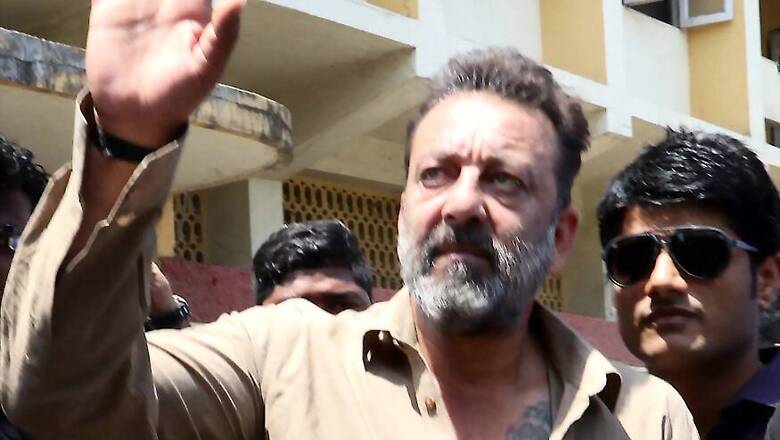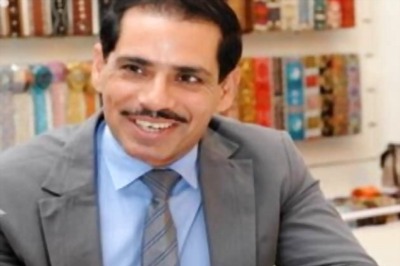
views
Mumbai: The Bombay High Court on Monday asked the Maharashtra government to explain the norms of 'good behaviour' due to which Dutt was granted an early release in February 2017. The actor was convicted under the Arms Act and was in jail for 42 months of his five-year sentence.
The Bollywood star was arrested on April 19, 1993, for possession and destruction of an AK-56 rifle, which was a part of cache of arms and explosives which landed in India prior to the serial blasts of March 1993. He spent 18 months in jail as the trial proceeded and was sentenced to five years of jail term in May 2013.
Dutt was let out in February 2016, eight months early, on account of his good conduct while in Pune's Yerwada prison.
A division bench of justices R M Sawant and Sadhana Jadhav was on Monday hearing a public interest litigation by Pune resident Pradeep Bhalekar challenging the regular paroles and furloughs granted to Dutt when he was serving his sentence.
The court then directed the state government to file an affidavit stating what parameters were considered and the procedures followed while deciding that Dutt deserved leniency.
“Was the DIG, Prisons, consulted or did the jail superintendent directly send his recommendation to the governor?" Justice Sawant asked.
“Also, how did the authorities assess that Dutt's conduct was good? When did they get the time to make such assessment when he was out on parole half the time?" he asked.
Dutt was granted an early release because of his good conduct inside the jail, where he learned and earned money like all the other inmates. However, when the news of his early release arrived, various NGOs filed PILs against it seeking probe into the 'special treatment' and relaxation given to Dutt on the virtue of being a star.
A special TADA court had convicted 100 people in the serial blasts case in which 250 people died and more than 700 were injured. Dutt was convicted in November 2006 for illegal possession of arms but was acquitted in more serious charges of criminal conspiracy under the now defunct anti-terror TADA.


















Comments
0 comment